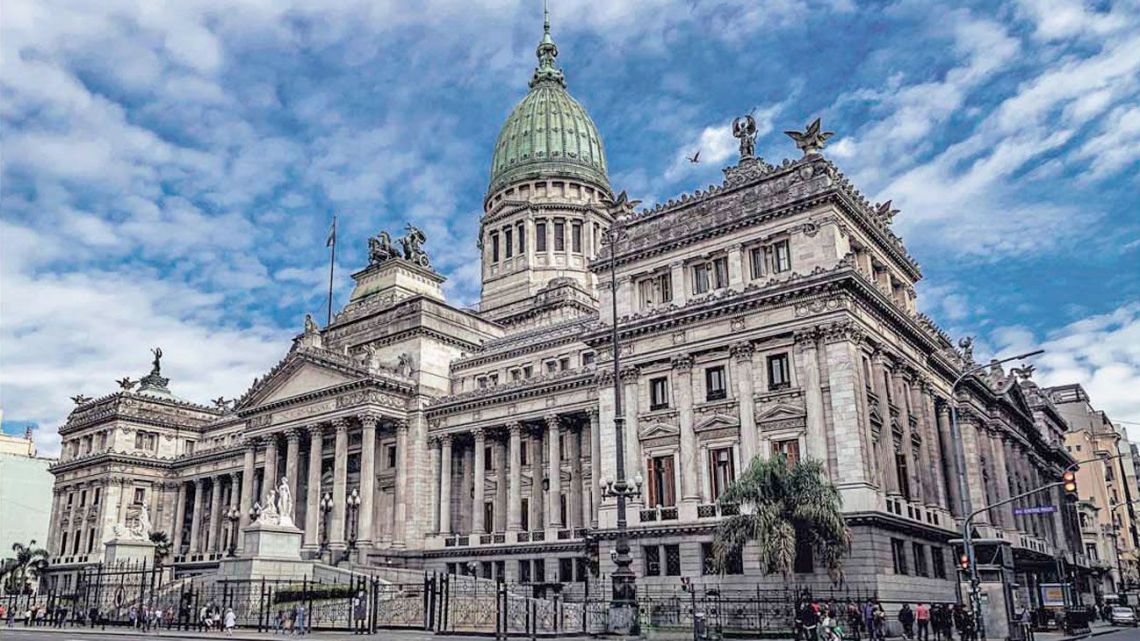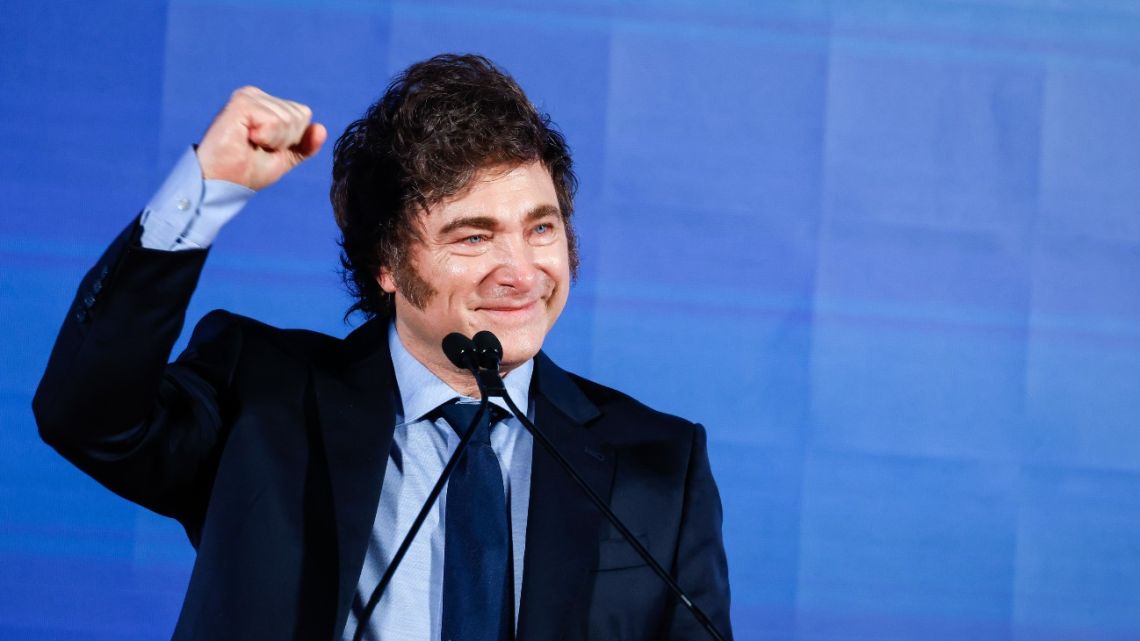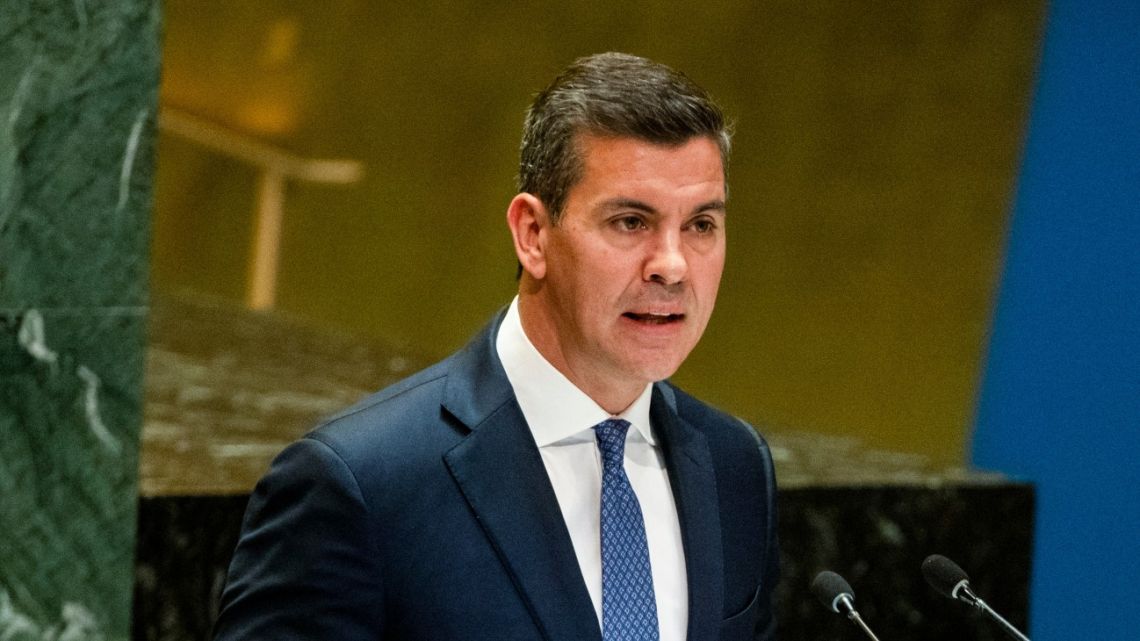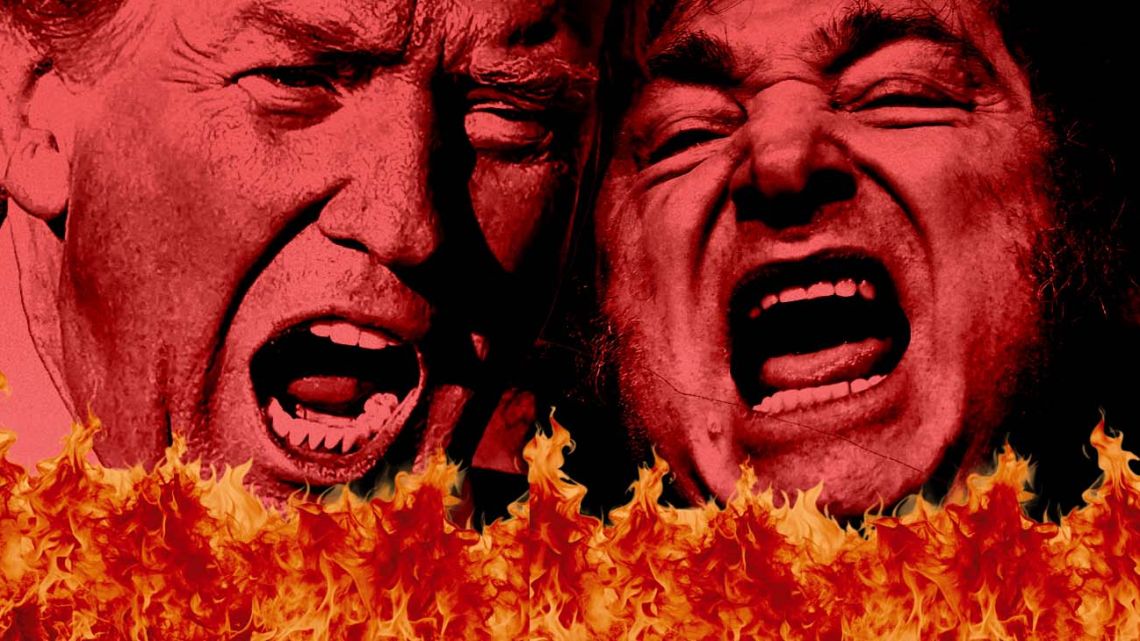President Javier Milei is arguably the only regional leader who is unwaveringly happy about Donald Trump’s inauguration on Monday. Argentina may be geographically the farthest in the region from Washington, but ideologically Milei is the closest to Trump and his all-terrain new advisor, tech mogul Elon Musk. The La Libertad Avanza leader believes he has everything to gain from this relationship – the first test will be a new agreement with the International Monetary Fund, which Economy Minister Luis Caputo aims to finalise as soon as possible.
Others are not so sure. First in line is Mexico’s Claudia Sheinbaum: the closer you stand in the way of Trump’s interests, the greater the risk of getting burned. Trump is threatening tariffs, mass deportations of immigrants, and even direct military intervention unless Mexico cooperates with his ‘America First’ agenda. Trump is also notorious for looking down on women – Sheinbaum hopes to adopt a constructive approach to counter the likely destructive tactics from the other side. A fallout could be disastrous for Mexico: mass deportations would strain the country’s poorer states, and tariffs would severely hurt the economy. Yet Sheinbaum has her strengths: she enjoys high approval ratings, partly inherited from her predecessor Andrés Manuel López Obrador (better known as AMLO)– and a conflict with the Big Brother to the north is always a convenient rallying point for nationalistic sentiment.
In Caracas, the Nicolás Maduro administration – which survived by stealing an election and holding a discredited inauguration – is hoping for a more pragmatic Trump 2.0 version. “Maximum pressure” pushing for regime change failed before and there’s no hint it wouldn’t fail again, which would undermine Trump’s top objective of reducing China’s influence in the United States’ backyard. The more Maduro is isolated here, the more he leans on Beijing, Moscow, or Tehran. Venezuela will be the first test of the assumption that Trump 2.0 will return in more transactional form than previous. If that proves true, it could be good news for Maduro — and bad for other countries in the region, which are increasingly reluctant to turn a blind eye to Caracas’s brutality.
The tone of US-Venezuela relations may also affect tiny Guyana next door, which is now awash in oil revenues and heading for a presidential election later this year. Venezuela claims two-thirds of Guyana’s territory, and nothing could embolden Caracas more as a neighbourhood bully than the prospect of triggering a military border conflict in a section of South America where US oil interests are booming.
In Brazil, President Luiz Inácio Lula da Silva might want to lay low for a while when Trump takes charge. His diplomacy was left in limbo after his attempt to persuade Maduro not to steal the election failed. With Trump back in Washington, Lula also faces the likely resurgence of his internal rival, former president Jair Bolsonaro, who is currently banned from running for seven years but seeks to steer the opposition to the far right. Lula’s popularity during his first two years of this term rode on a better-than-expected economic performance, but this has been put into question by the recent devaluation of the real and growing market concerns about the fiscal sustainability of his government. Turning 80 this year, the likelihood of Lula seeking another re-election grows increasingly slimmer.
In a region that is ready to duck and cover, Milei by contrast remains overconfident that the incoming Trump era will bring nothing but good news for him, even though his government has not clarified how Argentina fits into the America First programme. Milei clearly serves as an inspiration for Elon Musk, with his drive to reduce government and regulation. However, Trump is primarily an interventionist rather than a libertarian, both in speech and in action (one could argue that Milei is much more libertarian in speech than in action, but that’s a different debate altogether).
In Milei’s favour, Trump’s agenda for Latin America seems split in two: immigration and security (a problem) for those close to the Rio Grande; and investment and trade (an opportunity to outcompete China) for countries that lie farther away. With expected good access to the new White House, it will be up to Milei and his team to distinguish personal ideology from national interest and act accordingly when politically chummy talks with Trump and social media exchanges with Musk turn into thornier state affairs. Argentina First?









